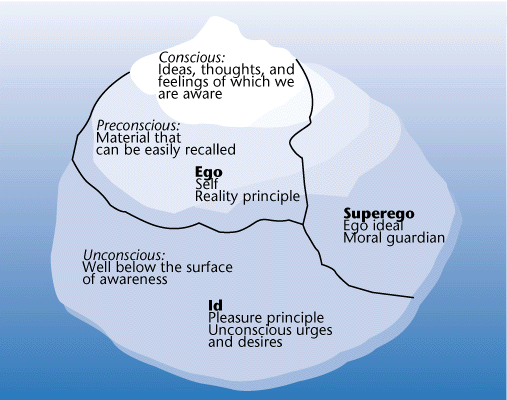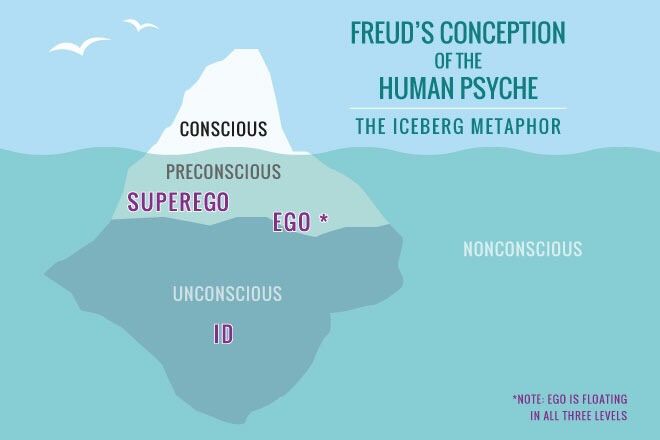

If you superimpose Freud’s language on top of this hierarchy of values, the expression and fulfilment of your highest value is what he would call the True Ego – ego meaning “I”, “self” or “true self”. This is where you tend to excel, expand and achieve. Whatever is highest on your list of values, you are spontaneously inspired from within to pursue and fulfil. You will often require extrinsic motivation to get you to do it – a punishment if you don’t do it and a reward if you do. Whatever is lower on your list of values, you will tend to procrastinate, hesitate and frustrate in the pursuit of them. You live by a set of priorities or a set of values, a list of things that are most important to least important in your life. Your hierarchy of values at any one moment is fingerprint specific to you Let’s take a step back and begin by looking at your value structure or hierarchy of values and how it relates to your True Ego, the Superego and the Id. If you prefer to watch the video, click below. Originally, Freud used the word ego to mean a sense of self, but later revised it to mean a set of psychic functions such as reality testing, governing, planning, synthesis of information, intellectual functioning, and knowing. The ego was considered the component of the individual that is responsible for dealing with reality. But in Freud’s original view, your ego is more expressive of your true or authentic self.

#Id ego superego meaning full#
Ego is also often used in a negative way to describe someone who is perceived to be arrogant and full of themselves. I have seen many pieces of literature, particularly Eastern mysticism, that has said that we need to get rid of our ego and that having an ego is ‘bad’. Over the decades, these terms have given rise to some confusion and to numerous interpretations of their meaning. Today’s topic is something that I think you will find more than fascinating.įreud used the terms: Ego, Id and Superego, which are often referred to as the tripartite aspect of the psyche. This topical article is a look at these 3 terms and how they relate to your hierarchy of values and a chance to see if it’s wise for you to maybe embrace your true ego, or “I” instead of living with the idea you’re supposed to be suppressing or getting rid of it. However, it’s interesting to see how Pi’s id (survival instincts) is powerful enough to take charge over the superego and ends up killing the fish for the two of them.Freud’s definition of the Ego, the Id and the Superego has given rise to some confusion over the years.

He subconsciously knows that he should not be killing a live species due to religion, and also knows that he should not be eating fish (he is a vegetarian because of his religion). In this situation, his superego makes him hesitant to kill it. This could be the hidden meaning for Pi’s natural instincts.Īnother example is when Pi struggled with killing the fish for Richard Parker and himself to eat. In both the novel and the movie, Pi tells us that Richard Parker is the reason why he had a chance to survive. Richard Parker is Pi’s survival instincts (id), which we are all born with the moment we are born. Richard Parker is the one who kills the hyena, which is parallel to Pi killing the cook (another version of the story he tells to Japanese reports at the very end of the movie). Some researchers believe that Richard Parker, the tiger, is actually a symbolism of Pi’s id. This also shows what imbalance of personalities can do to us. There was no superego or ego that could have stopped it from killing the zebra. The hyena on the lifeboat is an example of id, because of how it killed the zebra due to hunger.


 0 kommentar(er)
0 kommentar(er)
